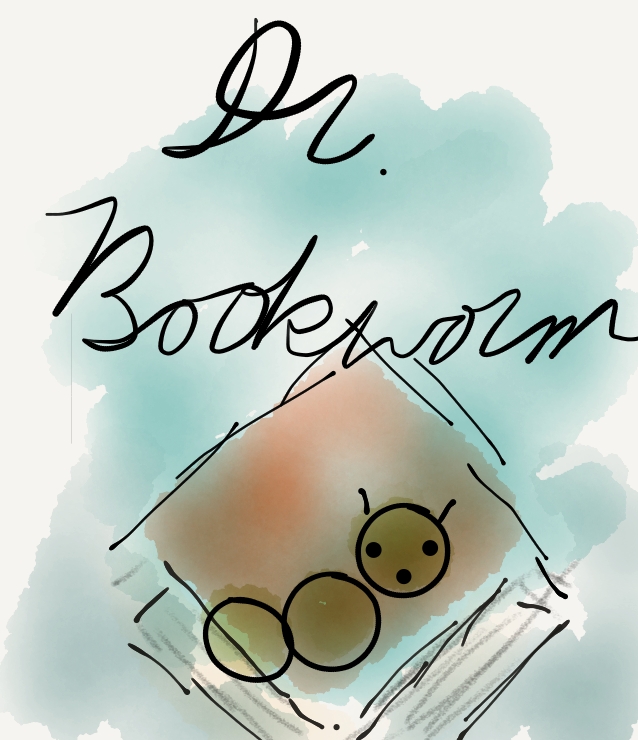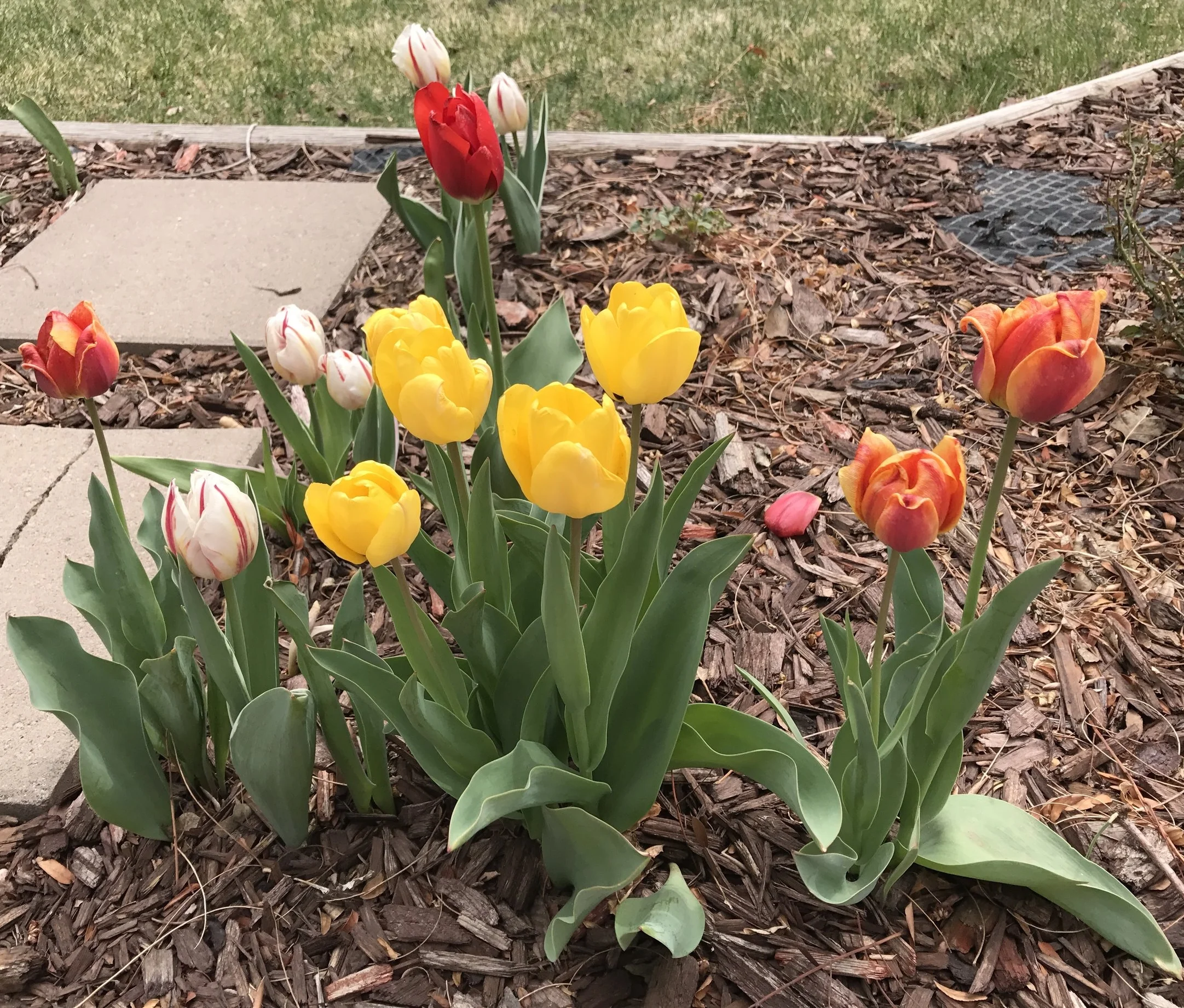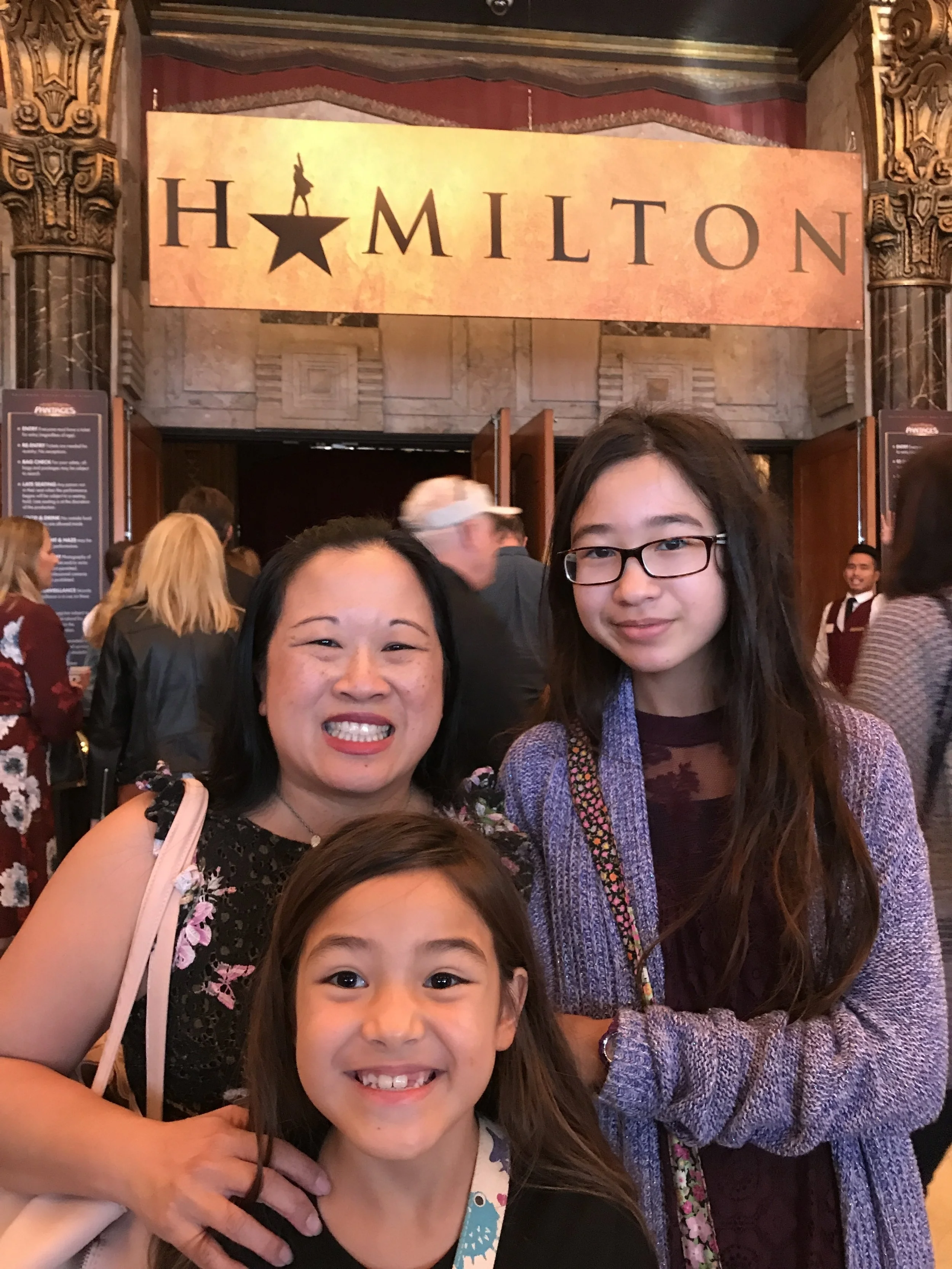Doctors as Teachers
Earlier this month, the world lost an amazing doctor. The thing is that it's not only a loss for the children's hospital that he tirelessly advocated for and for the patients and families he took care of, it's a huge loss for the doctors he was training.
Coincidentally that same week, I wrote about how I remember the lessons that some of my most impressionable teachers made. Most of those lessons involve teachings of the heart. (And, yes, I include you Mr. Powers and all my English teachers for my love of reading and books, but I still hate analyzing a story to death.) And though I was referring to my elementary and high school students, I have had many attendings (AKA doctor-teachers or the doctor in charge) who have also taught me important life lessons.
The week before I wrote my twist on a particularly relevant quote this year: "Here's to compassionate doctors. May we know them. May we be them. May we train them."
I had just recently read a Medscape article reflecting on how/what we as attending physicians are teaching our medical students and residents, especially when we are being less than understanding or compassionate. In the article, they were referring to some doctors who may not be teaching how they can be patient with their patients. (I'm putting it very kindly.)
I am proud to say that though I was worked to the bone as a resident, I trained at a hospital where the attendings were both smart AND compassionate. But I was there for a reason. I went to medical school on the East Coast. And while the training there is excellent, there were times when I felt that the heirarchy in the hospital felt a little too emphasized. There were exceptions, of course, but some of the ways that med students were talked to by the attendings felt a bit too much like hazing. Especially in retrospect. I know there are some 'old school' attendings who would tell me to get a thicker skin. But I don't think a good or great physician needs a thicker skin. Nor do they need to be talked down to or put down while you're teaching them.
When I was a fourth year medical student, I did a sub-internship rotation in the PICU at the hospital where Dr. A worked (and where I later did residency). It was there where I realized that attendings could and do treat medical students/nurses/patients/families with respect. And could teach well as they did so.
Getting the News
Here's how that sad Tuesday went: I got a text from a good friend from residency who was asking about this physician. She had been contacted by someone else we did residency who had been told by someone else and so on. But the reason for the texts and calls and messages? Not one of us wanted to believe that he was gone. Thus ensued further calls and then confirmation by an email that had been sent out by the medical staff.
It was a very sad week. And my other friend forwarded me a med staff email written about Dr. A by a different attending, very eloquently stating why the world has lost a phenomenal doctor. And, to paraphrase, that Dr. A is STILL making a difference in the world of medicine through the many physicians that he trained and instilled a wealth of compassion.






